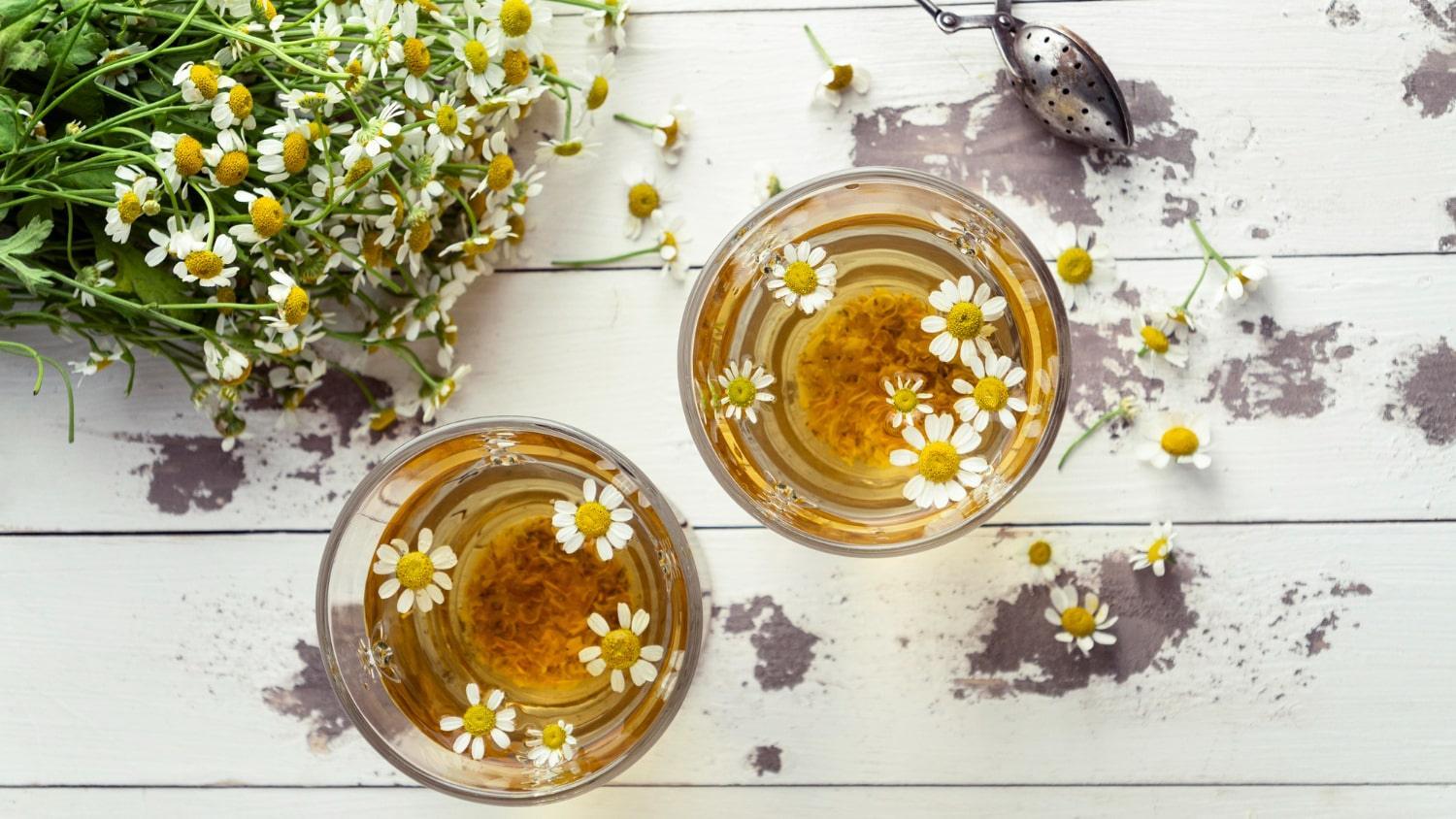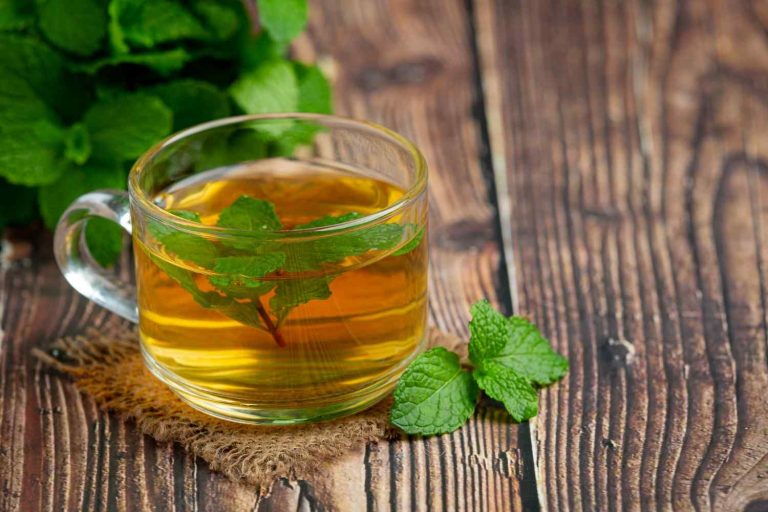Contents
- Brain memory tea: A Simple Brew That Sharpens Your Mind
- Brain Memory Tea: How It Works
- 1. It Gives A Gentle, Consistent Alertness
- 2. It Reduces Mental Fatigue
- 3. It Improves Memory Consolidation
- 4. It Lowers Stress, So Your Focus Is Uncluttered
- 5. It Supports Vascular Health For Better Cognitive Performance
- 6. It Reinforces Healthy Routines That Boost Focus
- 7. It Pairs Well With Proven Cognitive Strategies
- The Bottom Line
- FAQ
Brain memory tea: A Simple Brew That Sharpens Your Mind
Brain memory tea is a blend of herbs and nutrients designed to support memory, attention, and mental clarity. It’s not a magic potion. It’s a thoughtful, research-backed cup that helps your brain do what you ask of it—hold a name, focus on a meeting, or recall a recipe. If you ever felt scattered and wished for a gentle, reliable boost, this is for you.
I promised straightforward help. This article gives you seven practical ways a cup of brain memory tea improves focus, supported by science and real-life habits you can adopt this afternoon. You’ll get the how, the why, and exactly what to look for on the label.
Brain Memory Tea: How It Works
A good brain memory tea works on three levels: chemical support, calming the nervous system, and improving blood flow to the brain. Ingredients like green tea, ginkgo, rosemary, and bacopa contribute caffeine, antioxidants, and neuroprotective compounds. Those elements together sharpen attention and make long-term recall easier.
Researchers studying green tea compounds reported improved attention and working memory after supplementation, and other trials show bacopa helps memory consolidation over time. You don’t need a lab to notice the difference—especially if you make the cup part of a daily ritual that supports sleep, hydration, and focused work.
1. It Gives A Gentle, Consistent Alertness
Some days you need a sharp edge. Other days you need steady focus. A balanced brain memory tea contains low-to-moderate caffeine and L-theanine, which together create alert calm. Caffeine wakes neurons up. L-theanine smooths anxiety and improves attention.
Clinical research found the caffeine + L-theanine combo improves attention and task switching without jittery side effects. That means you can sip and stay in the zone for a long afternoon meeting—or for a creative task that needs steady attention.
2. It Reduces Mental Fatigue
Mental fatigue is sneaky. It makes everything take longer and feel harder. A cup of brain memory tea helps by boosting mitochondrial energy and enhancing cerebral blood flow through antioxidant-rich herbs. That translates into less fog and more endurance for thinking tasks.
Simple habit: replace one sugary drink mid-afternoon with a cup of tea. You’ll cut the crash and prolong mental stamina. Consistency matters—small rituals compound into major gains over time.
3. It Improves Memory Consolidation
Memory consolidation is when short-term memories become lasting ones. Ingredients like bacopa and rosemary are noted for supporting that process. When you drink brain memory tea regularly, you give your neurons the biochemical tools they need to store and retrieve information better.
One clinical trial found improved memory recall after several weeks of herbal supplementation. That’s not overnight magic. It’s quiet, reliable improvement you’ll notice when names don’t slide away and tasks don’t need repeating.
4. It Lowers Stress, So Your Focus Is Uncluttered
Stress steals concentration. A calming cup of brain memory tea that includes adaptogens like ashwagandha or holy basil can lower cortisol levels and free up cognitive bandwidth. When your nervous system is less reactive, your mind can hold complex ideas without scrambling.
Mindful sipping—paying attention to flavor and breath for three minutes—amplifies benefits. The tea calms; your practice locks in the calm and routes it straight to focus. That combination is more powerful than either step alone.
5. It Supports Vascular Health For Better Cognitive Performance
Healthy blood flow matters. Herbs such as ginkgo biloba and ingredients rich in catechins help microcirculation in the brain. A smart brain memory tea helps deliver oxygen and nutrients where they’re needed, improving reaction time and clarity.
Studies show improved blood flow correlates with better cognitive function in older adults and sustained attention in younger adults. You’re basically giving your brain better plumbing—so it runs cleaner and more efficiently.
6. It Reinforces Healthy Routines That Boost Focus
Tea is ritual. Ritual builds muscle memory, and that’s what focus loves. When you brew a cup of brain memory tea at specific times—morning, before work blocks, or after lunch—you create cues for your brain to switch into attention mode.
Pair the cup with a 25-minute focused work block or a brief walk. Those small rituals create a predictable scaffold for attention. Over weeks, the ritual itself triggers focus, making your work session more productive before you even sit down.
7. It Pairs Well With Proven Cognitive Strategies
Tea alone won’t replace sleep or strategy. But brain memory tea enhances several proven tactics: spaced repetition, retrieval practice, and focused blocks of work. Add the tea to these habits and you’ll see a multiplier effect.
For example, sip before a study session using the Pomodoro method. The tea sustains attention while the method gives structure. Together, they produce crisper recall and faster learning.
What To Look For On The Label
Not all blends are created equal. Look for these markers: moderate caffeine (or a clear caffeine-free option if you’re sensitive), L-theanine, bacopa, ginkgo, rosemary, and antioxidant-rich green tea. Avoid blends with excessive fillers, sugar, or vague “botanical blends” without ingredient details.
Quality matters. Choose brands that test for purity and list active dosages. If you’re taking medications or pregnant, ask your healthcare provider before drinking new herbal blends. That’s smart self-care, not worry.
How To Brew For Maximum Benefit
Temperature, time, and quantity matter. Bring water to the right temperature for the herbs you’re using—green tea prefers lower heat, while tough herbs can handle boiling water. Steep 3–7 minutes depending on strength and taste. Too long and the brew turns bitter; too short and you miss the benefits.
Consistency is crucial. Try one cup in the morning and one mid-afternoon for weeks, and track how you feel. Jot notes in a journal: clarity, mood, sleep. That data tells you what works for your brain.
The Bottom Line
Brain memory tea is a practical, evidence-aware way to support focus. It combines chemistry, ritual, and habit into a single daily act. The right blend offers gentle alertness, stress reduction, and improved memory consolidation—when paired with sensible sleep, hydration, and focused work practices.
Start small. Pick a trusted blend, brew it well, and make it part of your day. You’ll get clearer thinking, fewer lost thoughts, and a steady thread of focus that actually feels good.
Take one small step today: replace one sugary drink with a cup of brain memory tea and notice the difference by the end of the week. If you’re consistent, your brain will repay you with sharper attention and calmer recall.
FAQ
Is brain memory tea safe to drink every day?
For most people, yes—when you choose high-quality ingredients and moderate caffeine. If you take blood thinners or other medications, check with a clinician, because herbs like ginkgo can interact with prescriptions. Pregnant or nursing? Talk to your provider before starting any herbal regimen.
How long before I notice benefits from brain memory tea?
Some effects, like calm alertness, can appear within an hour. Memory improvements from herbs like bacopa usually show after weeks of consistent use. Combine daily drinking with focus habits and you’ll speed up meaningful change.
Can I make my own brain memory tea at home?
Yes. A simple base is green tea, add a pinch of rosemary, a small serving of dried bacopa, and a touch of ginkgo if you can source it safely. Start small and watch how your body reacts. If you’re unsure, buy a reputable pre-made blend that lists amounts and purity testing.
Will brain memory tea replace caffeine or other nootropics?
Not entirely. It complements caffeine and mild nootropics well by reducing jitter and improving focus sustainability. It’s best used as part of a broader focus toolkit—sleep, nutrition, movement, and structured work time—not a one-stop replacement.
A visual pause. A breath. A good cup of tea. That’s how you begin changing how your mind performs—one small, intentional habit at a time.
References
The National Center for Complementary and Integrative Health provides information on herbal supplements and cognitive health (http://www.nccih.nih.gov/).
Harvard Health Publishing reviews the effects of tea and cognitive function and explains the caffeine and L-theanine relationship (http://www.health.harvard.edu/mind-and-mood/what-the-science-says-about-tea-and-cognitive-function).
The National Institutes on Aging offers guidance on cognitive health and lifestyle strategies that support memory (http://www.nia.nih.gov/health/cognitive-health).
The National Library of Medicine hosts research on green tea catechins and cognitive function with full articles available (http://www.ncbi.nlm.nih.gov/pmc/articles/PMC6520897/).
The Journal of Alternative and Complementary Medicine includes trials on bacopa and memory showing long-term benefits (http://www.ncbi.nlm.nih.gov/pmc/articles/PMC6414312/).
Get Your FREE Natural Health Guide!
Subscribe now and receive our exclusive ebook packed with natural health tips, practical wellness advice, and easy lifestyle changes, delivered straight to your inbox.





